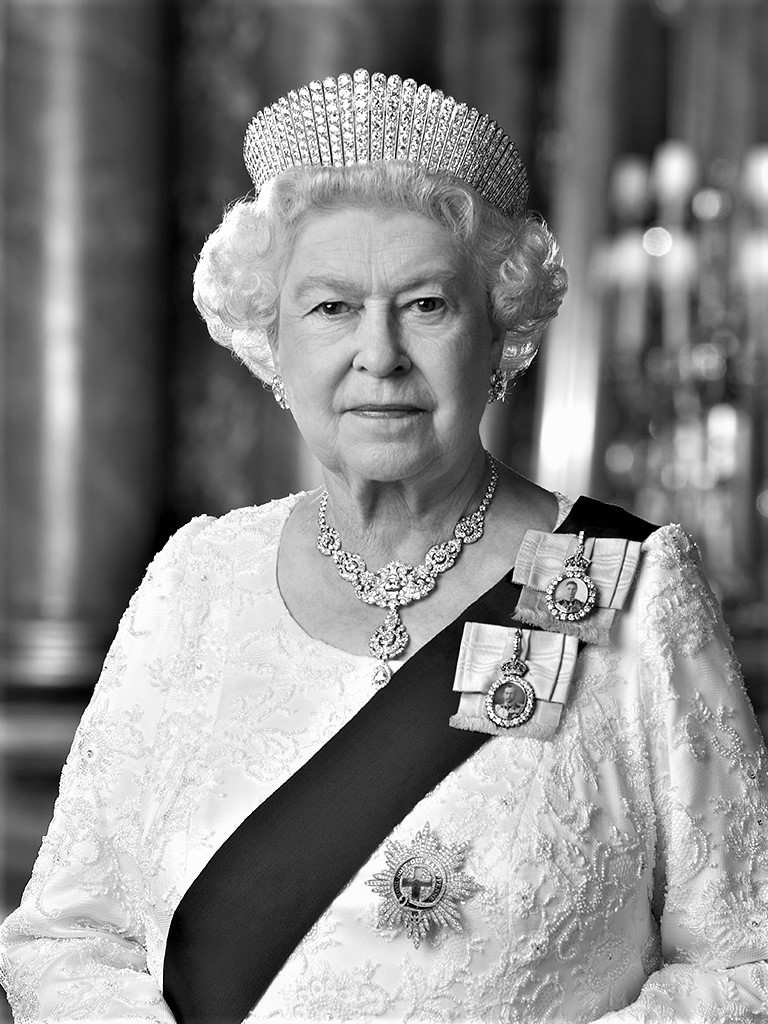We want to be able to provide the best possible care for everyone. To do this we need to talk about what is important to you and your family now, and in the future.
It is not always easy to talk about your views and how you would like to be cared for, if you have become sick or have a chronic illness.
What is Advance Care Planning?
Planning for the Future is usually called Advance Care Planning and it involves talking about what you want or don’t want to happen regarding the care you might need. Many people like to start thinking about issues to do with their care a long time in advance while they are feeling well. Other people like to wait until later.
What is an Anticipatory Care Plan?
Anticipatory care planning can help you to make positive choices and discuss how you can get support in the event of a flare up or deterioration in your health. It gives you the opportunity to think about, talk and write down your preferences and priorities for your health care. You do not need to do this if you do not want to. A written plan is a summary of thinking ahead discussions between you and your carers ( family, friends and professionals involved). It is not a legal document but lets people involved in your care know about what is important to you.
Some aspects of Advance Care Planning:
- Starting the discussions with your family or those involved in your care
- Exploring options available to you and identifying your wishes and preferences
- Refusing specific treatment if you wish to
- Asking someone to speak for you
- Appointing someone to make decisions for you using Power of Attorney
- Talking about where you would want to be cared for in the future
- Letting people know your wishes, hopes and fears
www.goodlifedeathgrief.org.uk
www.publicguardian-scotland.gov.uk
(info adapted from NHS Tayside Patient Information Leaflet: Advance/Anticipatory Care Planning)

